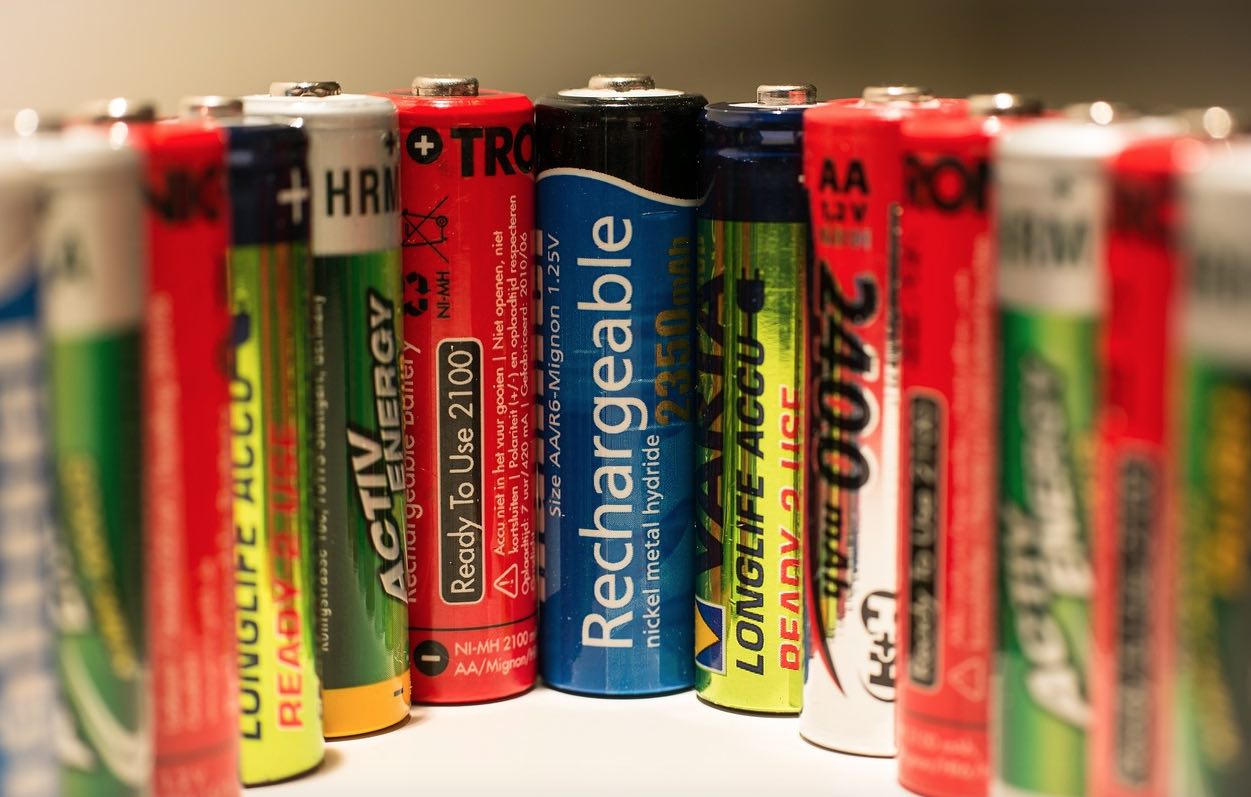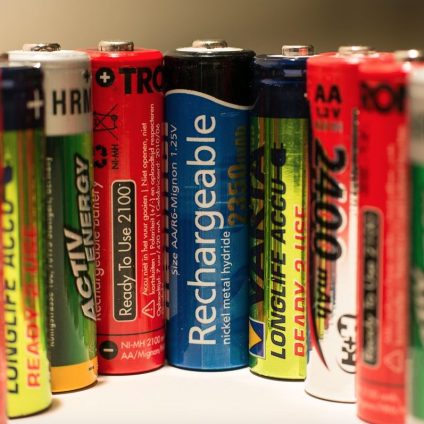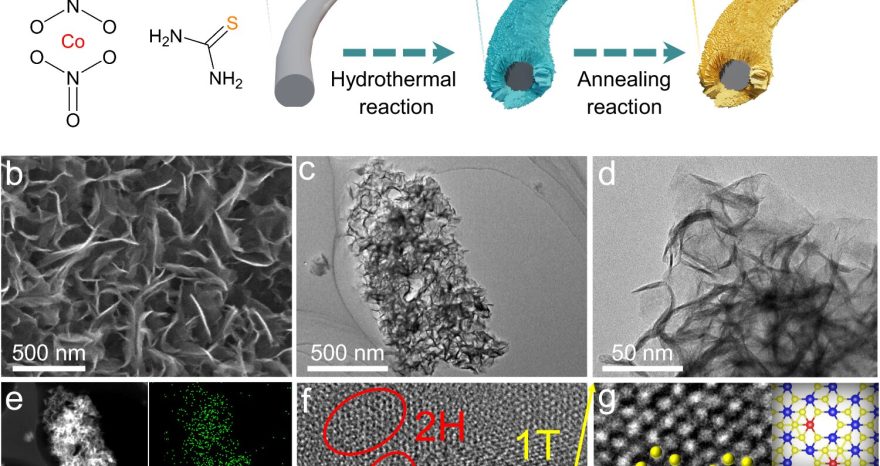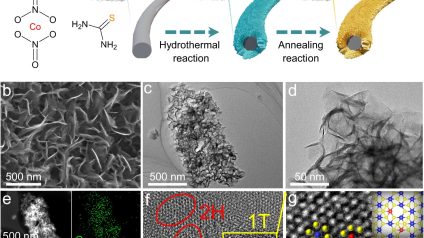An electrode has been developed that can significantly increase the storage capacity of lithium-ion batteries. The formula involves replacing graphite with compounds derived from food acids.

Sustainable Batteries Made from Fruit and Wine Acids
This isn’t a joke. The batteries of the future could replace traditional materials with acids derived from fruit and wine.
This intriguing concept was developed by a team of scientists at the University of New South Wales (Australia). They created a lithium-ion battery prototype that uses food-derived acids—such as tartaric acid, found in various fruits, and malic acid, found in certain fruits and wine extracts—instead of graphite in the electrodes.
Batteries with Fruit, Wine, and Water: A Major Environmental Advantage
The researchers specifically used food acids to produce water-soluble metallic dicarboxylates.
“We realized that the acid actually reacts with the metal surface [of the battery component],” explains Professor Neeraj Sharma from UNSW Science. “It’s one of the first things we teach in first-year chemistry: a metal plus an acid yields a salt and hydrogen. And it’s that salt [which we’ve now stabilized] that provides the [enhanced] performance.”
The project offers a dual advantage: it improves energy storage while using food waste derivatives and water instead of toxic solvents. This represents a clear environmental benefit, especially if scaled to mass production.
The research team worked with a range of food-based acids and metals to identify the most cost-effective and readily available combination, optimizing performance. This approach also allows for versatility in adapting combinations to achieve desired performance characteristics.
The Need for Energy Storage
The researchers noted that this technology could also be applied to sodium-ion batteries, a more economical and eco-friendly alternative to lithium-ion batteries.
Their research spans from the synthesis of new materials to the characterization of both new and widely-used materials and devices, as well as recycling and addressing end-of-life degradation challenges. Despite undeniable progress in renewable energy, we still lag in energy storage capabilities.
Exploring Coffee Grounds
Batteries powered by fruit and wine acids could provide a sustainable, practical solution, enhancing performance, renewability, and affordability.
The research continues, exploring the potential to divert organic waste streams from landfills to create new electrode microstructures. One promising application is coffee grounds: a circular use for over eight million tons of waste produced globally.
Battery disposal and degradation are major concerns. In twenty years, we’ll face a flood of spent batteries from appliances, scooters, electric vehicles, tools, and more. Some may be reused, but many will need recycling—a process that’s energy-intensive and pollutes due to the use of aggressive chemicals.
Batteries powered by acids derived from fruit and wine could open up a new perspective on this problem.












